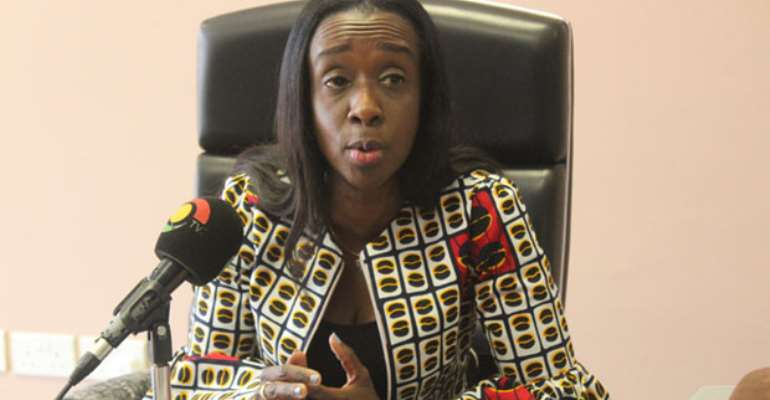The use of toxic testile dyes, such as the Sudan Red group, to adulterate food has been a high risk alert since the early 2000’s. Over the past few years there have been persistent reported incidents with no apparent decline. Original watch-outs were red spices and sauces, but more recently the focus has been on the adulteration of cheaper vegetable oils with red dye to pass them off as palm oil. Palm oil from West Africa has been particularly implicated.
A recent media report from Ghana suggests that – far from improving – the problem is increasing in the case of palm oil on the local market.
Sudan Red dyes are classified as a Group 3 human carcinogen by the IARC and their widespread use in food is an obvious health concern for the local population. For companies importing palm oil from countries where adulteration is endemic within the local market then traceability becomes key; being sure that your own stock comes from plantations and refineries with good and trusted oversight and has not been substituted for cheaper (adulterated) oil. It is relatively easy to test for Sudan dyes, and periodic analysis is always a good way to check that assumptions about strong traceability are correct.
Photo by IKRAM ULLAH on Unsplash
